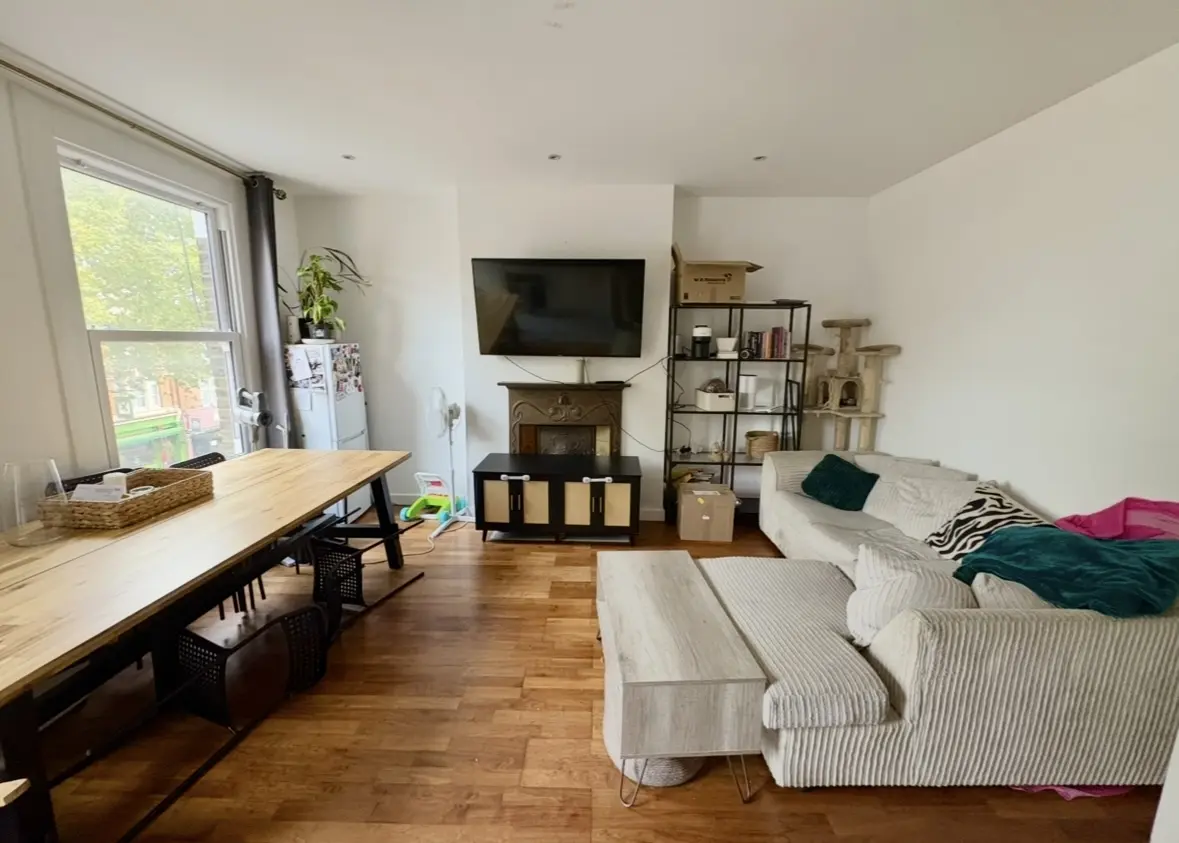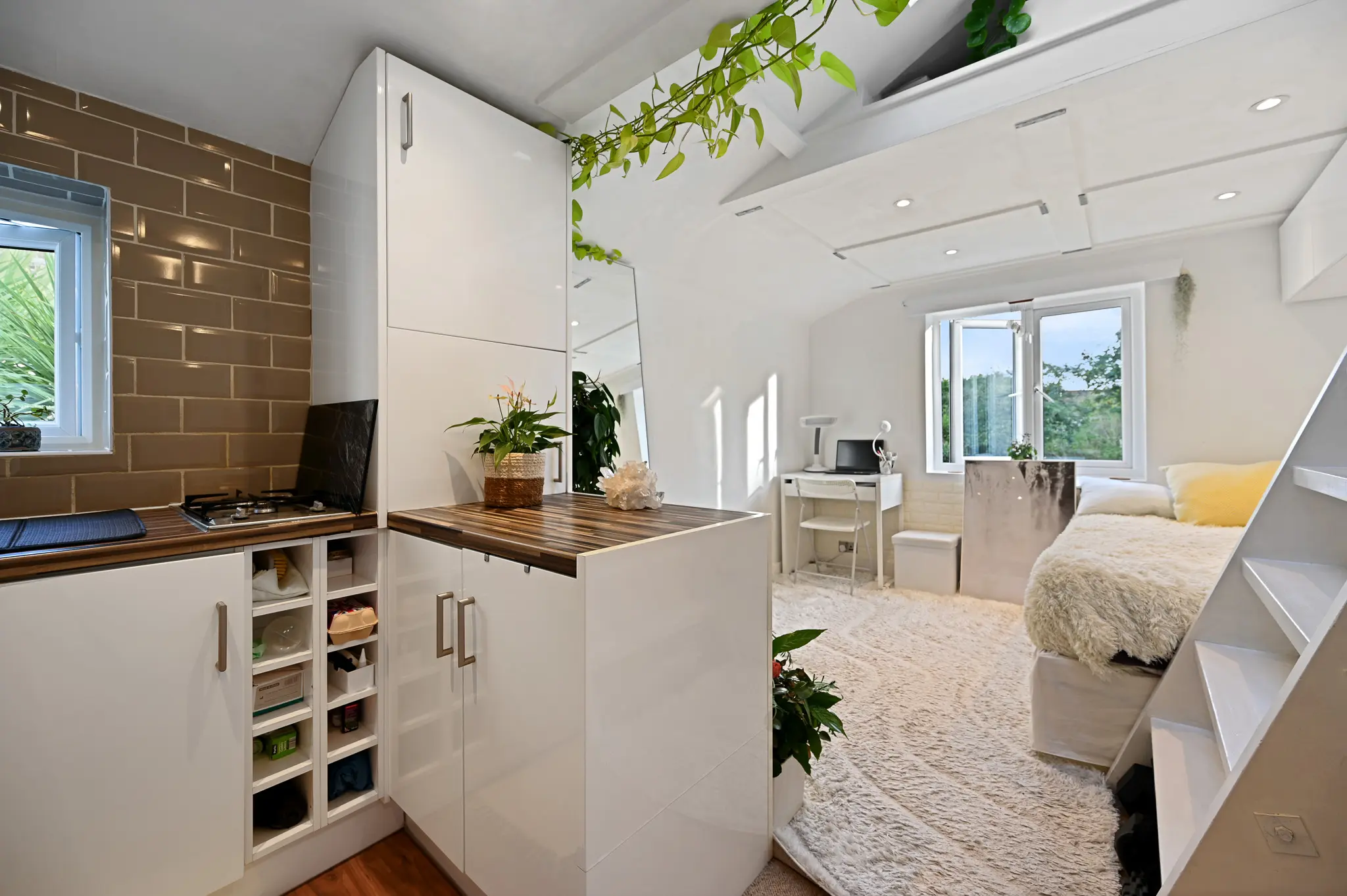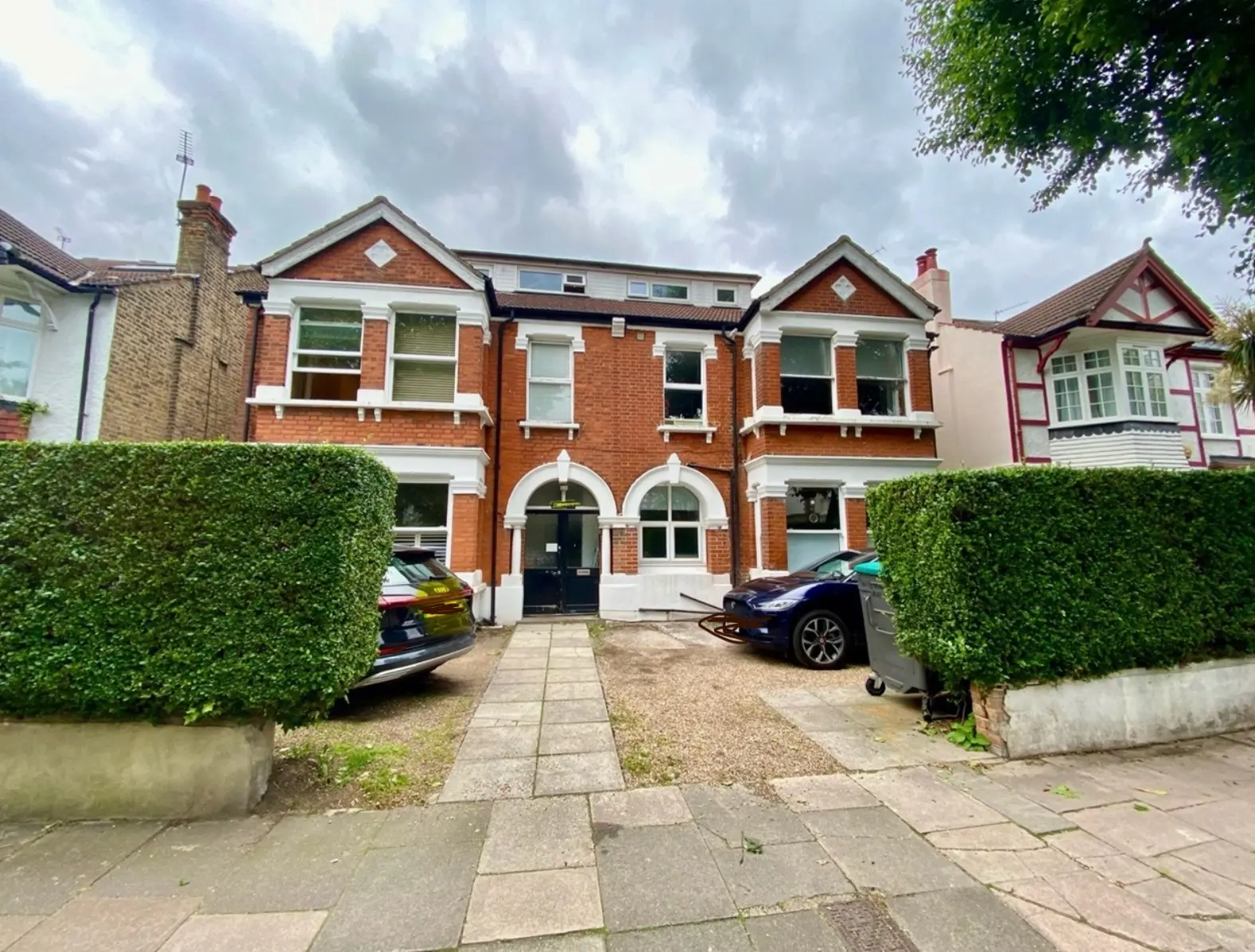
Three-Bedroom Apartment to Let – Chiswick High Street, W4
Chiswick High Rd., Chiswick, London W4 4HH, UK
£2,400 / Month
Buying a property off-plan-that is, before it's built or before construction has been completed-can be quite exciting. It can offer a chance to secure a brand-new home or investment at a competitive price, with the prospect of modern designs and the latest features. However, while off-plan properties can sometimes be a good deal for certain buyers, there are also a number of risks involved, which every buyer should consider before committing.
In this article, we take a look at the risks that come with purchasing off-plan and what you can do to protect yourself.
1. The Final Product May Vary
One of the biggest risks associated with buying off-plan is that the actual property one finally gets may not be what was envisioned at the time of signing. Developers can make changes in design, layout, or finishes during the build process. While many of these changes are likely to be minor, some could substantially affect the property and its appeal and value.
What Can You Do? - Ensure that the contract has clear specifications regarding design, features, and materials of the product. You may ask the developer if there is any possibility of changes, how those will be provided to you, and obtain some flexibility in the contract where possible, relative to dissatisfaction with the final product.
2. Delayed Completion
Delays in completion are not uncommon within the construction industry. One of the risks associated with buying off-plan is the completion date being delayed. This may be a problem if you are relying on a specific timeframe-for example, you wish to move in or let the property out within a particular timescale.
What Can You Do? - Be aware that delays are part of the risk when buying off-plan, and the contract should be one that provides your protection in such an instance. For example, some contracts allow for compensation or even a right to cancel the purchase if the project is delayed by some sort of substantial period. Check the developer's track record for completion timelines to estimate the likelihood of delays.
3. Uncertainty of Market Conditions
Between the time you buy an off-plan property and the time it gets completed, the property market may go up and down. In case you are midway in the process of building and in between the prices come down, you may be faced with a reality that your property is worth less than the amount you have agreed to pay. This may be more serious in the case of investors since the rental yield or capital value of the property may not meet expectations.
What Can You Do? - Be extra certain about market conditions at the time of any off-plan purchase. First, be aware of the major economic variables such as the interest rate movements and housing trends that may determine property market scenarios from the time of purchasing to the time of completion. It may also be advisable to get independent financial advice to evaluate the investment merits in the longer term.
4. Reputation of Developer and Financial Stability
Not all property developers are honest, and some may develop problems with completing the project. If the developer has run into financial problems, there could be a real possibility of the construction stopping, or the property not being finished to the standards expected. Secondly, less than the best developers may be sloppy in the construction process itself which implies something on the quality of the property.
What Can You Do? - Research the developer well before purchase: check their background, ask for references, and enquire if they completed projects in time and at the expected standard. Look for reviews from previous buyers and check if the developer is registered to a body like the National House-Building Council, which also offers warranties on new builds.
5. Hidden Costs and Additional Fees
Off-plan property, though apparently very attractively price, has many hidden costs that you do not think of. These include parking charges, management fees, or, more especially, the costs for upgrading features or completing the interior. Prices may be jacked up by developers because the build is ongoing, and you will not be able to negotiate such costs when the property is already sold to you.
What Can You Do? - Just make sure to request a full breakdown of costs in advance, including any service charges, ground rent, or other extra costs that may be applied. Study the contract carefully to ensure the inclusions of additional fees clearly are considered, and consider keeping a budget for unexpected costs.
6. Financing Issues
Securing financing for an off-plan property purchase is sometimes more complex than it would be when buying an existing home. This is because lenders can be more circumspect about offering mortgages for off-plan properties due to the associated higher risk. You may find stricter lending criteria, or you may be required to pay a higher deposit; in some cases, lenders will simply refuse to finance the property when they have any concern over whether the developer has sufficient ability to complete the project.
What Can You Do? - Speak with a mortgage adviser early in the process to check whether you can get funding for an off-plan property. Have a mortgage in principle and know the conditions of your mortgage offer before committing to a purchase. The other important factor for consideration is how much deposit you will require, and how this may affect your financial planning.
7. Lack of Physical Inspection
You are buying the property when you are purchasing off-plan, essentially based on designs and representations, without knowing what that space looks and feels like. You will be missing out on some issues related to poor design, lack of storage, or aspects that might not look so nice in person.
What Can You Do? - Request a visit to the show home or similar properties already finished by the developer, if any. If not available, request a visit to other sites where the developer has completed similar projects. Observe the quality of the materials used, and design features to get a better view of the final product.
8. Legal and Contractual Risks
Off-plan property contracts can be very complex, with many different legal risks involved. For example, there may well be provisions in the contract for the developer to unilaterally change the terms or to delay completion. Without proper legal advice, you may unknowingly accept risks that later on create problems.
What Can You Do? - Always take advice from a qualified solicitor who has experience in the purchases of off-plan properties. They will help you through the terms of the contract, ensuring your interests are taken care of and explaining those clauses that may become problematic. A solicitor can also assist you in negotiating for superior terms and mitigating risks relative to the legal aspects of the deal.
Conclusion
While buying an off-plan property might sound exciting to secure a new home or an investment, it is important to be fully aware of the associated risks. Other than possible delays and changes regarding your property, market fluctuation, or a developer's reliability can greatly affect your experience and add value to your purchase.
To minimize risks of off-plan buying, one will be able to do so if diligent research is done, if the full financial implication of the actions is understood, and if professional advice is sought regarding the same. If you are prepared and well informed about this, then buying off-plan can still be a rewarding experience. Remember, always, one weighs the risks against the rewards.
If you are considering off-plan buying or would like to weigh up your options, don't hesitate to contact Argant Estates today. Our experts can guide you through the process and ensure that you make an informed decision. Call us for a no-obligation consultation or booking to view any property.
Disclaimer
This article is for general informational purposes only and does not constitute legal, financial, or professional advice. While we strive to ensure accuracy, property laws, regulations, and market conditions may change over time. We do not guarantee the completeness, reliability, or current validity of the information provided. Readers should independently verify details and seek professional guidance before making any property-related decisions. We are not liable for any losses or damages resulting from reliance on this content

Chiswick High Rd., Chiswick, London W4 4HH, UK
£2,400 / Month

Queen's Rd, London SW19 8NY, UK
£1,380 / Month

Windermere Rd, London W5 4TH, UK
£2,500 / Month

